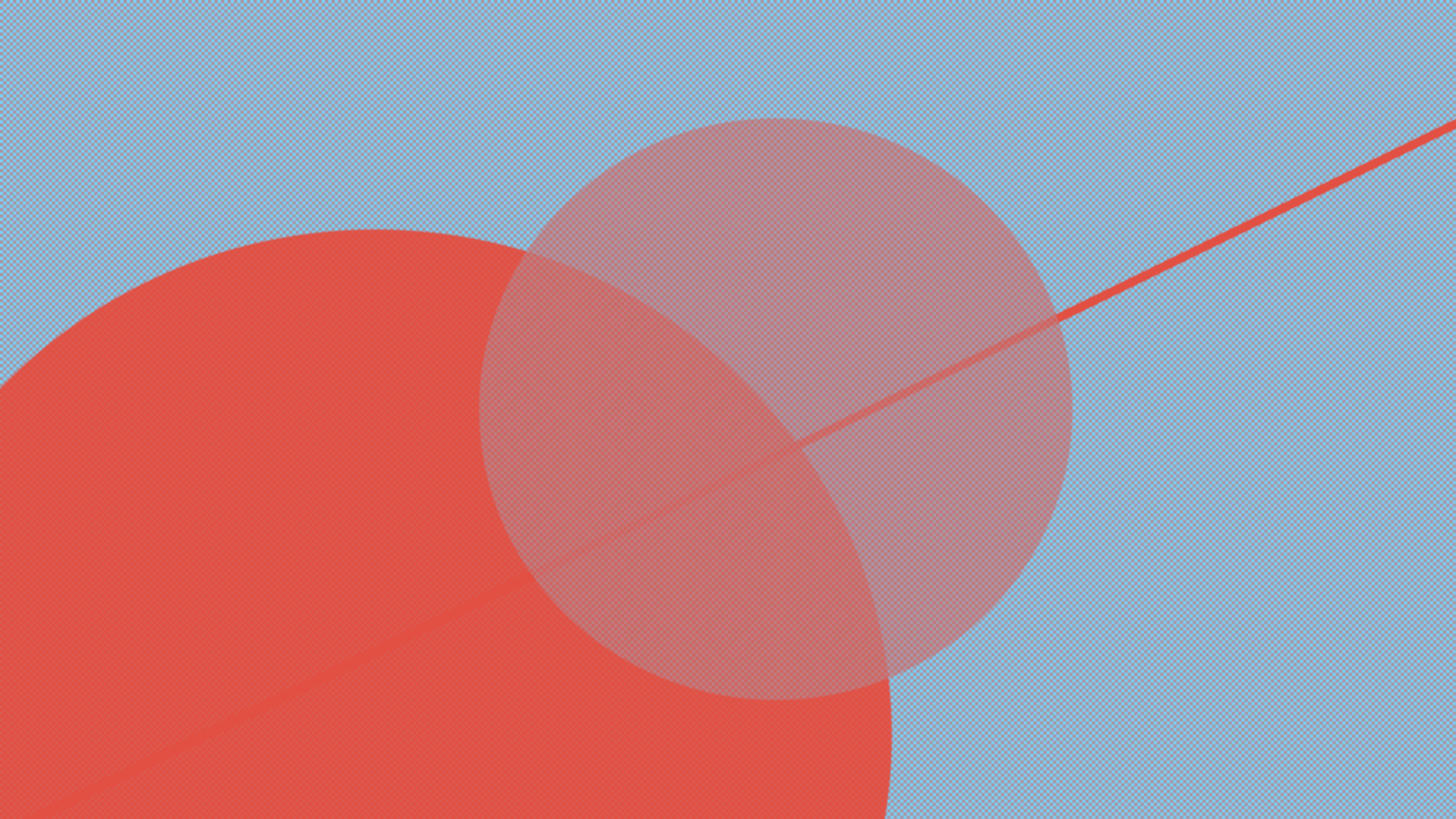What next for HINARI in an open-access world?
Consider, if you would for a moment, how one might invent a way of disseminating important information in the 21st century−across a society, across the world, to key groups of individuals, who will use that information to inform their daily practice in protecting others. If, for example, you wanted to disseminate new, better ways for firefighters to fight fires, would you:
- Publish the information in a multitude of places, each with different ways for firefighters to access it individually (with penalties should they send it to a fellow firefighter), and use the Internet to devise complicated barriers, which require at the very least a password, or more often fees, to access (perhaps as high as a firefighter’s weekly salary in poorer parts of the world);
- As in 1 but allow whoever is disseminating the information to decide on the basis of arbitrary, changeable rules to allow free access in some places, or in some countries; or
- Agree that information on how to fight fires is important, should be easily and instantly available to all in ways that encourage reuse and the generation of new ways of fighting fires, and decide to use the power of the Internet to come up with novel ways to increase the dissemination of the information, rather than to restrict it?
Ridiculous question, isn’t it?
Why then do we accept that for health information, which is critical to public health that either 1 or 2 are reasonable options?
The idiocy of this situation for health information was brought sharply into focus this week by the announcement that several publishers are withdrawing journals from HINARI−a programme designed to provide developing countries access to the world’s largest collections of biomedical and health literature under terms agreed by publishers as in option 2 above− in Bangladesh and apparently other places. It’s refreshing, though slightly shocking, to see the reasons stated as bluntly as they were in the BMJ’s report: “Kimberly Parker, programme manager at HINARI, said that the decision to withdraw free access was not unusual practice once publishers start to secure ‘active sales’ in a country.”
The decision has provoked outrage and anxiety in almost equal parts in the blogosphere−quotes include “this is one of our worst nightmares… being offered such good resources and they are suddenly and unceremoniously withdrawn” or “it is a big blow and very disheartening.” Some commentators even speculated that it could be the Bangladesh community that was “guilty” – by breaching the terms of the HINARI licence – which would be funny if it were not so heart-wrenching.
If ever there was a time to state clearly the rights and wrongs of access to medical information it is now. Those who call for publishers only to reinstate their journals in HINARI are missing the point, and an opportunity to call for radical change. HINARI had a role, and was visionary, in the days before open access (by which I mean true open access with immediate access, reuse rights and secure archiving) existed. Now, however publishers are cynically hiding behind it, shirking their responsibility to disseminate medical information, and, making decisions on access at will and according to their commercial needs. Open access is the only long-term, viable, ethical way of disseminating medical information and it’s time publishers accepted it as their duty to find ways to make this happen.

[…] Hinari and other schemes to provide free or reduced cost access to scholarly journals in resource poor and developing countries are a key means by which the publishers of toll access journals: (1) achieve an important good for humanity and/or (2) whitewash their business practices in the face of charges of exploitative conduct and in the context of ethics-based calls for open access. The withdrawl of a number of journals from the Hinari scheme has prompted a great deal of frustrated commentary from those who watch the scholarly publishing scene. Find an account of the controversy and a reflection on the future status of such endevors here: https://blogs.plos.org/speakingofmedicine/2011/01/14/what-next-for-hinari-in-an-open-access-world/. […]
This episode really does force us to challenge once again the model offered by the non-open access publishers, and to wonder how long it can continue.
I wonder if it is time for researchers, following the lead of many funders, to personally commit to only publishing in an open access journals? As ever, it will be easier for established academics to lead the way, but there is also a role for those of us who are at the start of our careers to be part of this move.
[…] a blog post on the Plos blog ‘Speaking of Medicine’, Virginia Barbour stressed that the only way […]